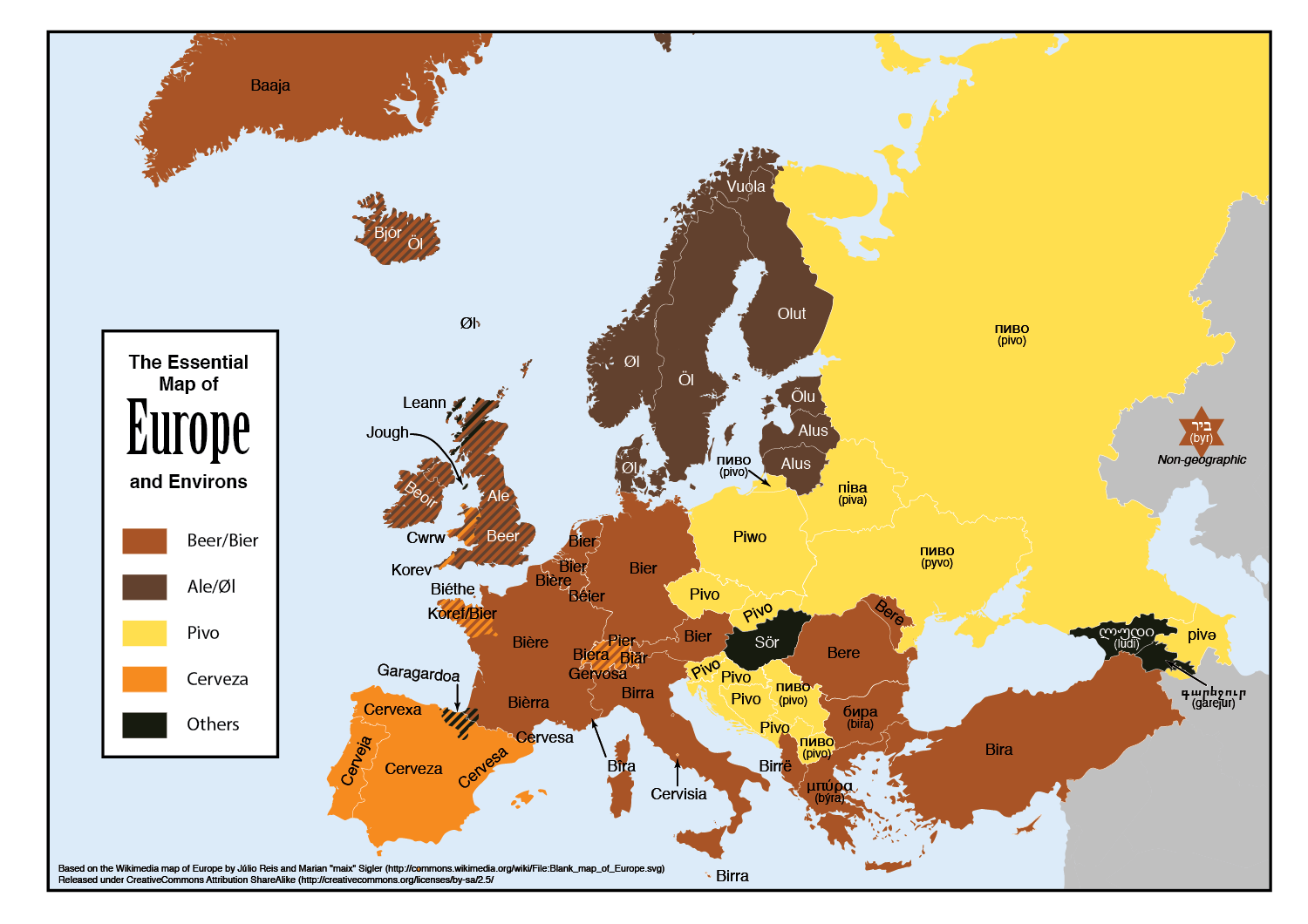
Via Haaretz.com: “During a Kitchen Talks meal, instructors share recipes and their personal stories. Photo by David Bachar”
Can food help bridge cultural divides? In Tel Aviv, Israel, two artists have started a project called Sihot Mitbah (Kitchen Talks), which brings together African migrants and Israelis to cook and learn about each other’s cuisine. From the article:
“Every recipe taught in the course is translated into the cook’s native language and into Hebrew,” says Ravid. “The result is that there are recipes in Tigrinya, Amharic, Arabic, French and Hebrew.”
It gives participants a chance to learn about more than food. The cooks share their experiences as migrant, journey to Israel, and the experience breaks down barriers and stereotypes. All while making delicious ethnic food.
Read more about this amazing project here.




